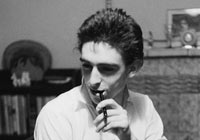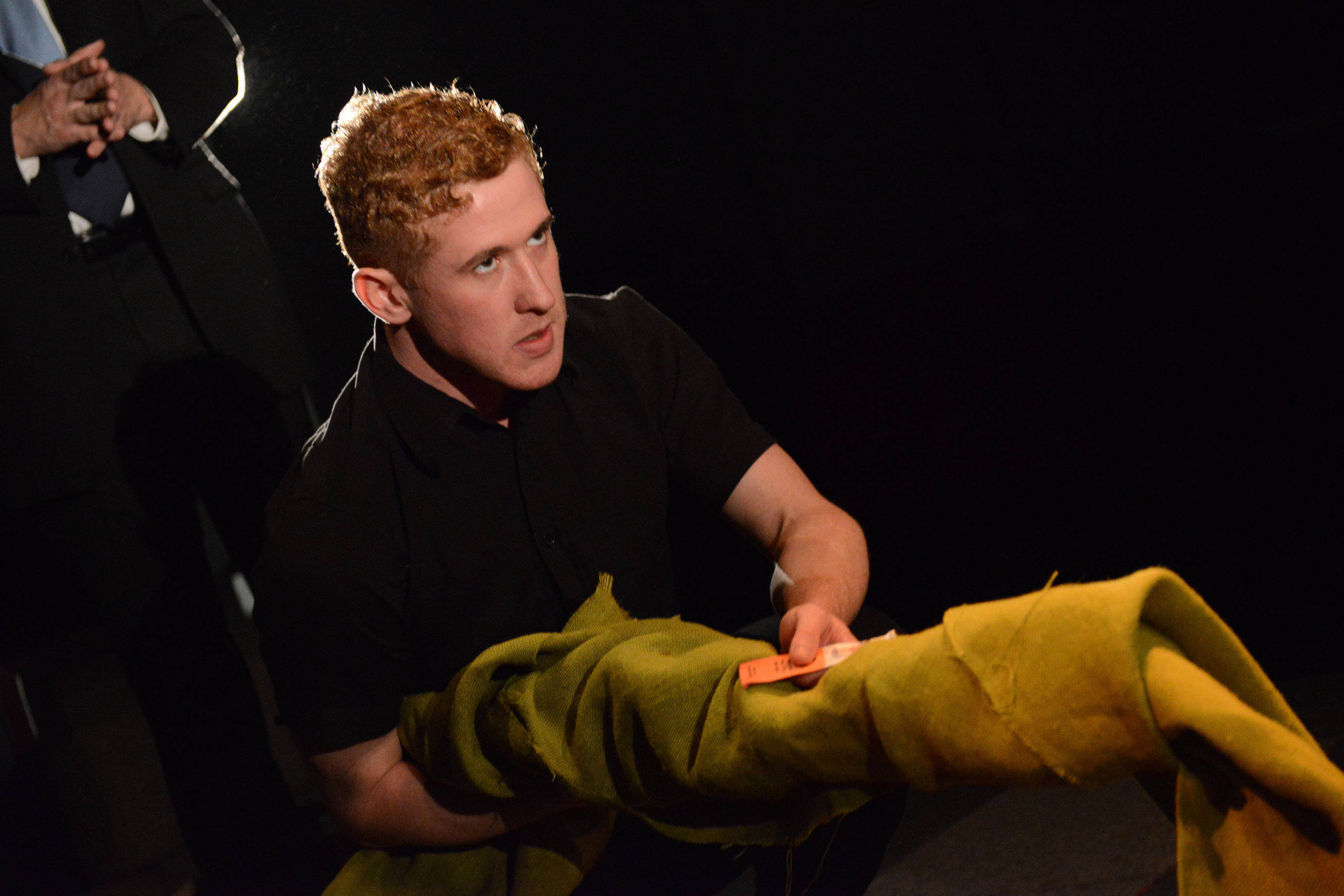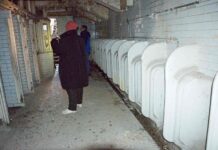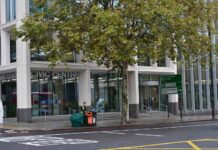
Born in 1937, Michael grew up with his mother and grandmother on a council estate in Brixton. His wife, Victoria Hardie, says Michael could vividly recall climbing over the wreckage of Brixton’s bomb sites with his friends as child. He attended school in Dulwich however, first Dulwich Prep, then Alleyns, a boys only grammar school at the time, where he excelled at poetry and English. However, he left in 1953 with no O-levels because he had concentrated most of his efforts on athletics.
He had found himself a surprisingly successful amateur coach for the younger students. His father, before he died in the war, had reserved a place for him on a tailoring apprenticeship in Saville Row, which he then took up, returning to Brixton every night.
Michael wrote his first play, Don’t Destroy Me, about a family living in a boarding house in Brixton, while serving his apprenticeship. Although he was only 18, the play was produced at the New Lindsay club theatre in Notting Hill in 1956. A year later, he produced his first novel The Game, about a 14 year old boy growing up in South London. Much of his early work centred on the area he loved: in 1961, Michael produced a collection of poetry Love Me, Lambeth.
Although he attended school in Dulwich, Michael was never particularly comfortable there; his roots were in Brixton, Victoria says, and most of his work centres on the working class “because that is what he knew”, she explains. “He was instinctively left wing,” she added.
For a while Michael and Victoria lived in Herefordshire but by 1979 more of Michael’s plays were being put on in London, making it necessary to live in the city. For Michael, Brixton was the only choice. Although he had lived in other parts of London – during his mid 20s to his late 30s he lived in Notting Hill and Hampstead – his felt truly at home in South London. He found North London “too big” and “too crowded”
One of his favourite spots in the area was the cinema in Herne Hill which showed French noir films – although The Ritzy was beautiful (and served a lovely carrot cake) at the time its only auditorium was damp and cold. He liked to visit the Brockwell park cafe, before it smartened up, despite the coffee being practically “undrinkable”.
His 1980 play, Gloo Joo, about Meadowlark Rachel Warner, a Jamaican about to be deported from Britain, saw him return to writing about events in Brixton and won him an Evening Standard Theatre award. The play focuses on Meadowlark’s struggle to stay in the country and the attempts by the immigration officers’ to manipulate him and the facts of his case.
While he was researching for Gloo Joo, Michael took Victoria to Brixton Market – her first ever visit. Michael wanted to be sure he had the names of all the Jamaican food right. The couple walked around a Brixton Market that has changed dramatically since then. After Michael returned to Brixton in 1979, he continued to writing – producing novels, plays, poetry, films for television – and remained in Brixton for the rest of his life.




